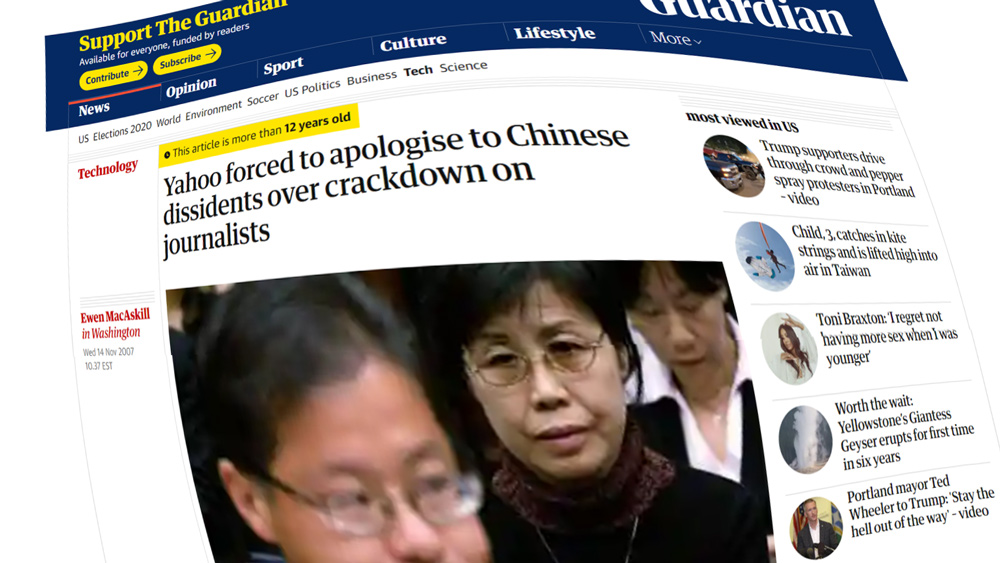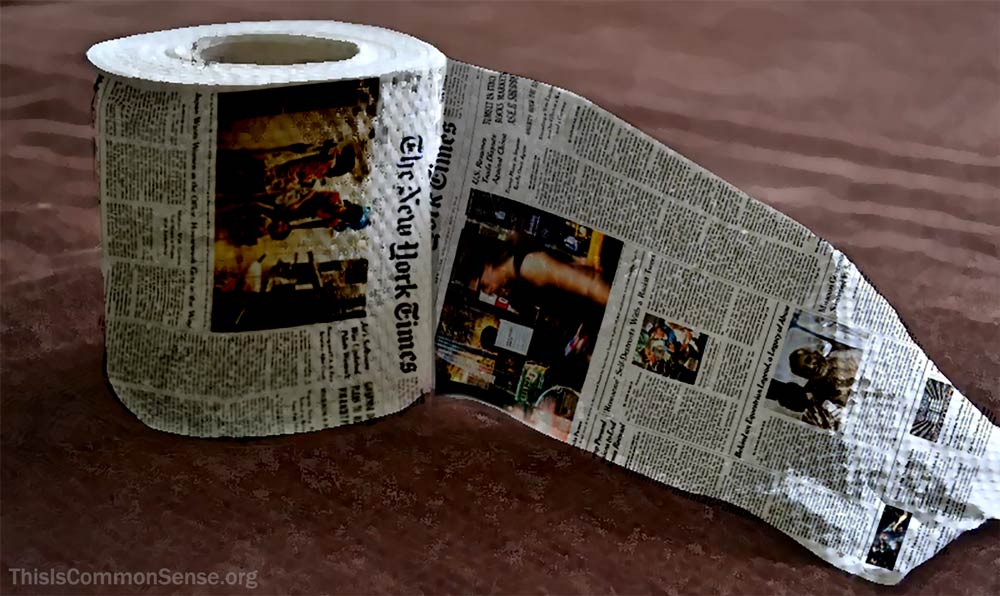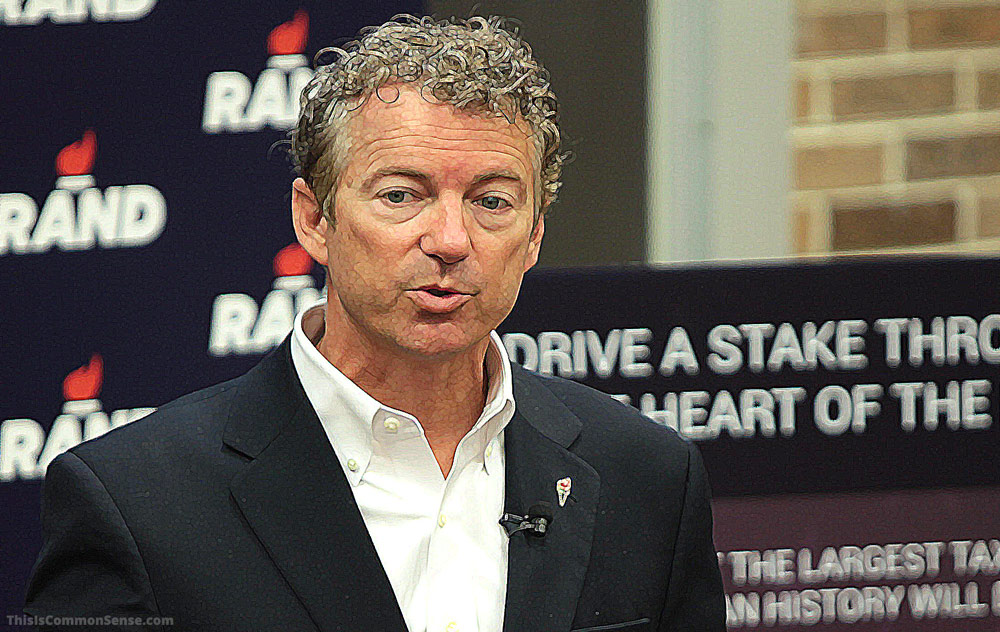Twitter, Facebook, YouTube … they sucked us in by pretending to be non-biased platforms for everybody, yet now suppress content that chiefly rubs against one set of clients, supporters of the Democratic Party.
The current case regards the water-damaged computer of (reportedly) Hunter Biden, the content of which reached the New York Post by way of Trump lawyer Rudy Giuliani. But the bigger story is that Twitter won’t allow links to the Post’s reporting, going so far as to lock the Post’s primary account; Facebook has also tried to suppress the story.
Now it’s blowing up everywhere.
It’s bad for the Bidens: emails suggest the former Vice-President played more of a role than previously claimed in what has always looked improper — no, corrupt — except to most mainstream media.*
No wonder, then, that we hear calls for government regulation of social media.
Shivers down my spine.
But what I have not heard? Giving Democrats a dish of what they love: federal campaign finance law.
Does not social media’s clearly uneven content suppression amount to material support for one set of political candidates over others? Why not stick Democrats with their own beloved regime?
But great minds think alike: while proofreading the above, I found a tweet by Lee Spieckerman, a Texas media specialist: “The @TheJusticeDept should immediately begin investigating @jack [Twitter’s CEO] for illegal in-kind campaign contribution to @JoeBiden.”
While I oppose campaign finance regulation, we must not** let such regulations only be used by one side against the other.
Yet maybe if we make the threat, social media will come to its senses, and Democrats will see the error of McCain-Feingold.
Too crazy? Or the right amount of 2020 crazy?
This is Common Sense. I’m Paul Jacob.
* A state-connected Chinese bank and a well-connected Russian woman lathered Hunter up with millions and billions of dollars for only one plausible reason: his father’s position in our government. Hunter Biden joined that Ukrainian oil company board after Joe Biden became point-man for our country’s Ukrainian policy.
** In the past, I have addressed this notion of applying bad regulations equally, including campaign finance laws specifically.
—
See all recent commentary
(simplified and organized)






